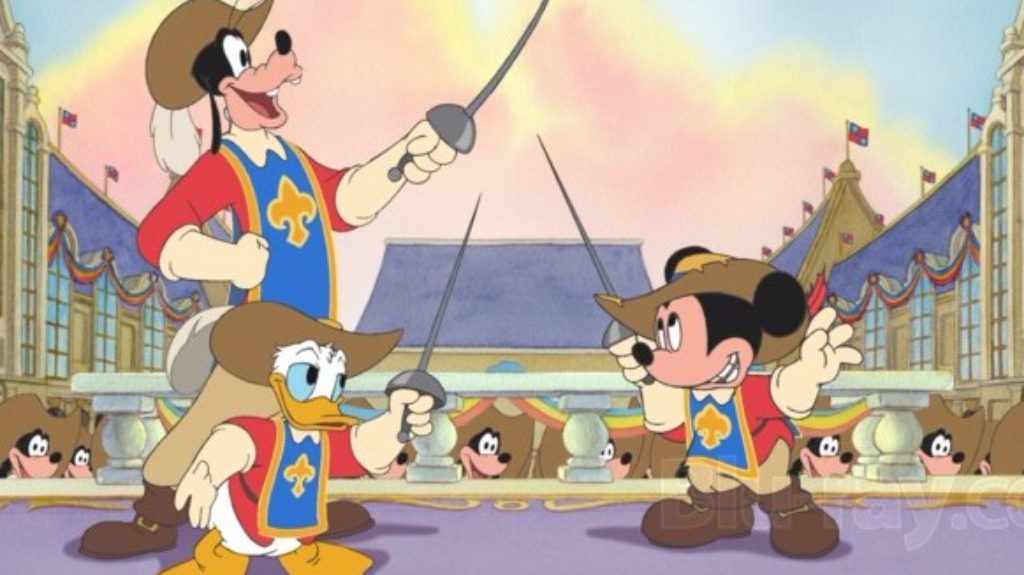
Tripp Spence knows his son is bound for stardom. The 13-year-old is a Little League sensation with a phenomenal 70-plus mph fastball and an equally powerful bat. But when Dad finds himself a wanted man by the IRS for tax evasion and bankruptcy fraud—and opts to run from the law—the duo are forced to skip all-star season and hide in Las Vegas under different identities.
There, Tripp enrolls his son (who’s changed his name from Derrick to Mickey) as a sixth-grader so he’ll be eligible for yet another year of Little League ball. The ruse works as Mickey leads his team to the city championship. But when his success as a North Vegas all-star continues through the state and regional championships, the father-son combo face bigger challenges than a 3-2 count. With the Little League World Series at stake and Mickey gaining national attention as “the most famous 12-year-old athlete in the world,” how long can they keep their secret hidden?
When Tripp reveals his legal wrongdoings to Mickey, he vows to his son that, despite the threat of going to jail, he’ll never leave him. When he’s finally nabbed, he makes sure Mickey is taken care of by a friend. He also encourages him continually on the diamond, showing up for every game and coaching him from the sidelines. When their dishonesty lasts longer than planned, Tripp suggests to his son that they come clean and “do the right thing.” (His suggestion is tentative at best, though, and is instantly rejected by the boy.)
Mickey’s coach, Tony, emphasizes good sportsmanship and fair play regardless of winning or losing. When Mickey apologizes to his teammates for lying, they rally around him.
Mickey’s deceased mother is twice referred to as watching him from above. Though heaven is never specifically mentioned, Tripp comforts his son by saying his mom is “up there looking down, smiling. She’s real proud.”
Coach Tony forgets to block his team’s access to “dirty movies” in a motel room. Predictably, the group of boys huddle around the TV to watch a pornographic film (we don’t see anything, but we hear a woman moaning).
During game play, an all-star pitcher takes a line drive to the side of his face and opposing pitchers intentionally hit a couple of players with fastballs.
A single misuse of God’s name and a “jeez” are the only instances of questionable language.
Tripp and Coach Tony drink beers in a bar as they discuss Mickey’s Little League future. Fans are shown in bars or casinos watching baseball.
The premise of Mickey involves lies, deception and crime. Tripp fudges on his taxes, runs from the IRS and then compounds the situation by lying about his son’s age and identity (not to mention his own). But beneath the wicked web he’s weaved are even more “little white lies.” To get Mickey to play on the best Las Vegas team, he and Coach Tony have their soon-to-be star player fumble his way through a public tryout. And since most coaches draft younger players for longevity’s sake, their “lay-down game” of hiding Mickey’s true talent works. When other managers catch on to the ploy and accuse Coach Tony of cheating, he brushes it off and justifies his actions by saying all that really matters is Mickey playing on the all-star team.
Though the coach also gives lip service to sportsmanship and fair play, it’s clear that winning at all costs is top priority in his book. And Mickey presents this mixed message through various means. Both Mickey’s North Vegas team and its World Series opponent from Cuba break the rules to get to the championship game. Yet when Little League officials and politicians discover this, they reach an under-the-table compromise so that the Cuban team can potentially be humiliated while the “good guys” representing the red, white and blue wind up on top. When presented with the option to fess up, Mickey harshly dismisses his dad’s advice for the sake of winning.
A con artist who helps Tripp switch identities tattles—only after it’s revealed that he’s involved in an extra-marital affair. As a result, he’s let off the hook by the IRS agents.
Mickey is being touted as a family friendly, good ol’ baseball story written by fiction giant John Grisham (who’s also an avid Little League coach in his spare time). And on the surface, the movie runs the bases smoothly with a wonderful father/son relationship, clean language and a few inspirational messages. But at the heart of this against-the-odds tale is the issue of consequences—an issue barely addressed by the film’s conclusion.
Throughout the story, Tripp reminds us that his lack of claiming $98,000 on his taxes was wrong. He routinely says he never meant for his deceptive ways to continue so long. And by the end, he’s even given up on finding excuses for his actions and is overcome with guilt over both his tax evasion and his Little League scam. “I set a bad example,” he tells his son while confessing to lying, cheating and, even worse, teaching his son how to cheat. Mickey’s immediate response? “You didn’t teach me how to cheat; you taught me how to be a ballplayer.”
It’s a telling exchange in a movie that would rather concentrate on the glorious upside than the rigors of reality. The cheating championship teams are stripped of their victories in a virtual aside, and Tripp’s (faithfully punished) criminal behavior is eclipsed by a simple “One Year Later” tag as he leaves prison with a smile. Forget showing the real consequences of jail time, ruined baseball careers, scheming professionals and crooked governmental ambassadors—Mickey prefers to linger on lots of slow-motion high-and-outside pitches. It’s a baseball movie, that’s for sure. But a story for the entire family? Not unless you plan on impressing upon your 8-year-old slugger just how bad bankruptcy fraud, tax evasion and being “on the lam” are.
